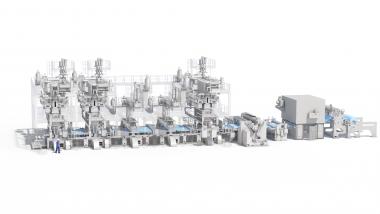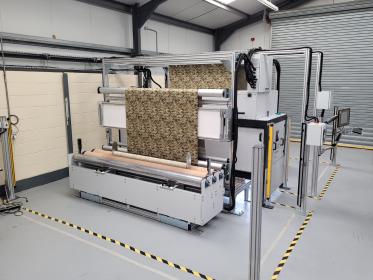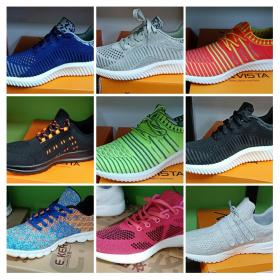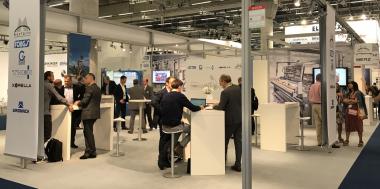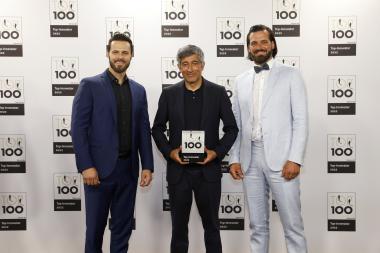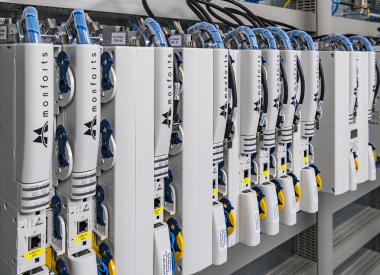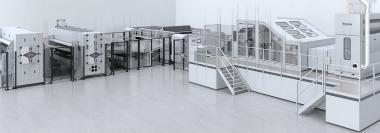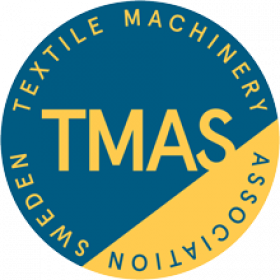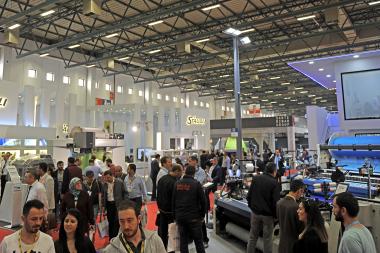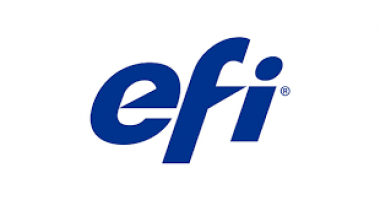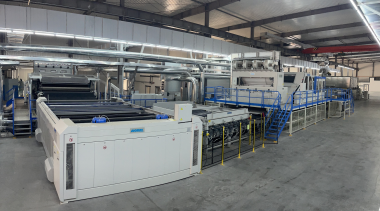PFNonwovens invests in Reicofil RF5 technology in South Africa
RF5 SMMS 3200 nonwovens line is scheduled to be commissioned in the fourth quarter of 2022, and will be the first Reicofil 5 (RF5) line operating in Africa.
PFNonwovens is one of the most innovative nonwoven companies in the world, and continues to grow its footprint in the US, Europe and Africa. PFN wants to set a new benchmark of high-quality and innovative products for the Southern African markets with this purchase.
Markus Mueller, Sales Director of Reifenhäuser Reicofil and Key Account Manager for PFNonwovens, adds: “Since 2018, Reicofil has been delivering RF5 lines to support the global hygiene industry across four continents. The hygiene industry values the consistent product quality provided by RF5 and the key product performance properties it delivers at lower basis weights helping to drive industry sustainability goals. With an energy requirement of 1-1.2 kilowatt hours per kilogram produced, Reicofil 5 manages the conversion from raw material to nonwoven more efficiently than any other technology on the market. We are very pleased that after many years of partnership cooperation with PFNonwovens, we are now able to establish this technology at their South Africa location and look forward to our further collaboration to serve the hygiene and medical market in the whole region with top quality products.”
Reifenhäuser


